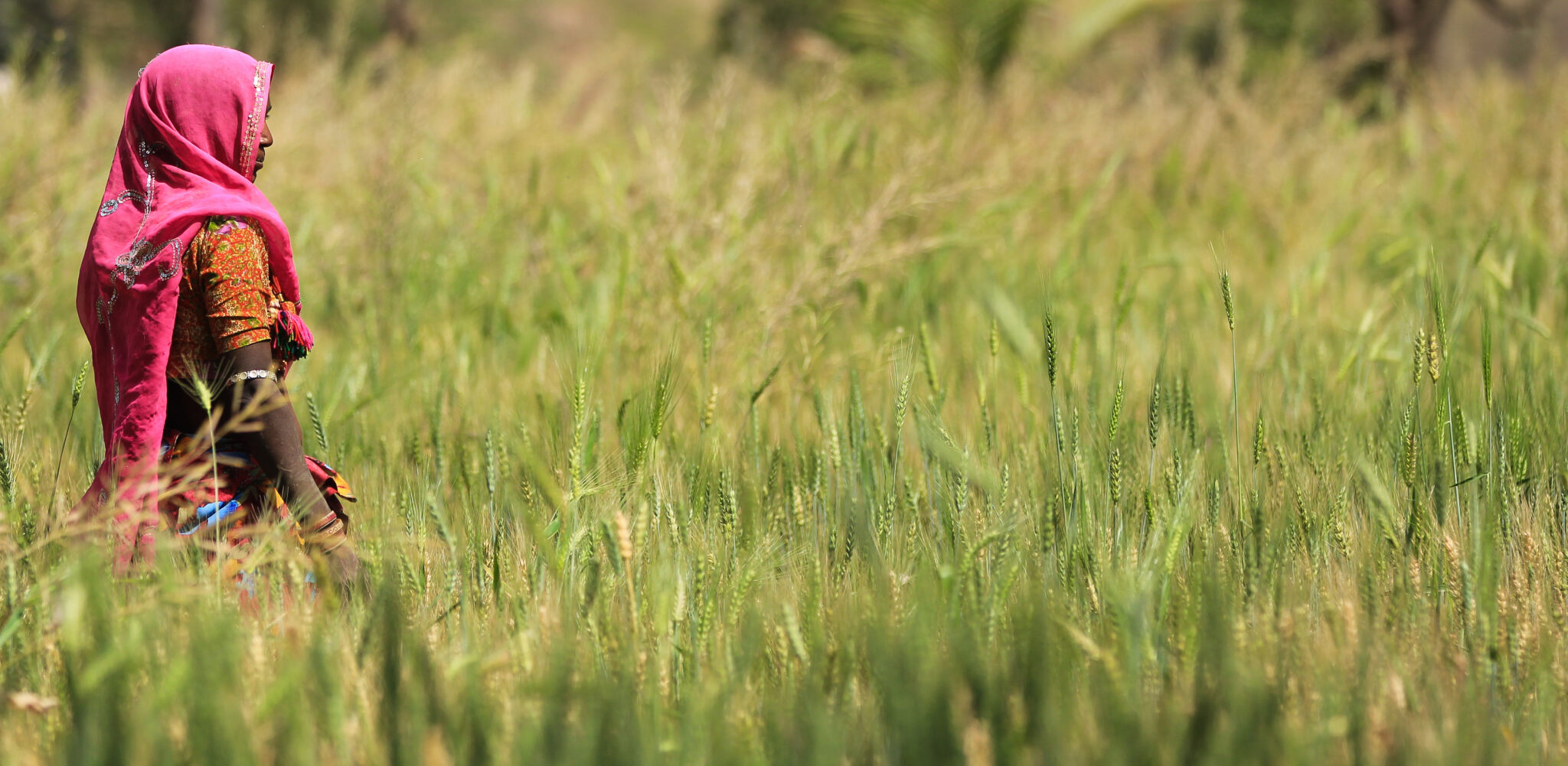Coordinating Seed Exchange: Network Failures and Adoption

Photo Credit: Adobe Stock
New agricultural technologies, such as high-yielding or flood-tolerant crop varieties, offer the promise of improving productivity and hence the welfare of farmers. However, adoption of these seeds has often been low. This project seeks to address this problem by partnering with the Basalore Social Service Society (BSSS), an NGO in Orissa, India, to conduct a randomized experiment. Researchers studied 100 villages in Orissa to examine the impact of organized rice seed exchanges on adoption of Swarna-Sub1, a submergence-tolerant rice variety found to reduce yield losses in flood-prone villages. Farmers were separated into three groups, and five farmers in each group received a 5 kg sack of rice seeds. Then, farmers in the first group were invited to a community exchange day, those in the second group were invited to view the fields of recipient farmers, and those in the third group did not have any follow-up interventions. Results found that a two-hour field day to observe and hear about experiences and outcomes with the new rice variety led to a large increase in seed adoption (from 30% to 42% adoption), with the effect significantly larger for farmers below the poverty line and from lower caste groups.

